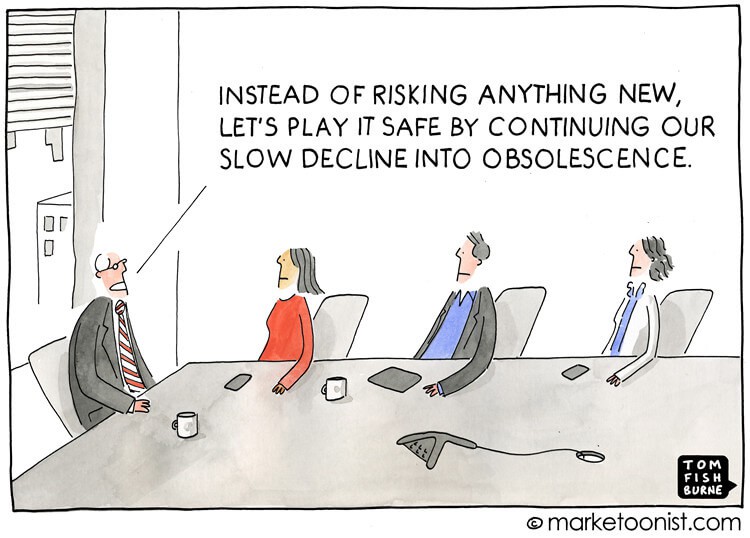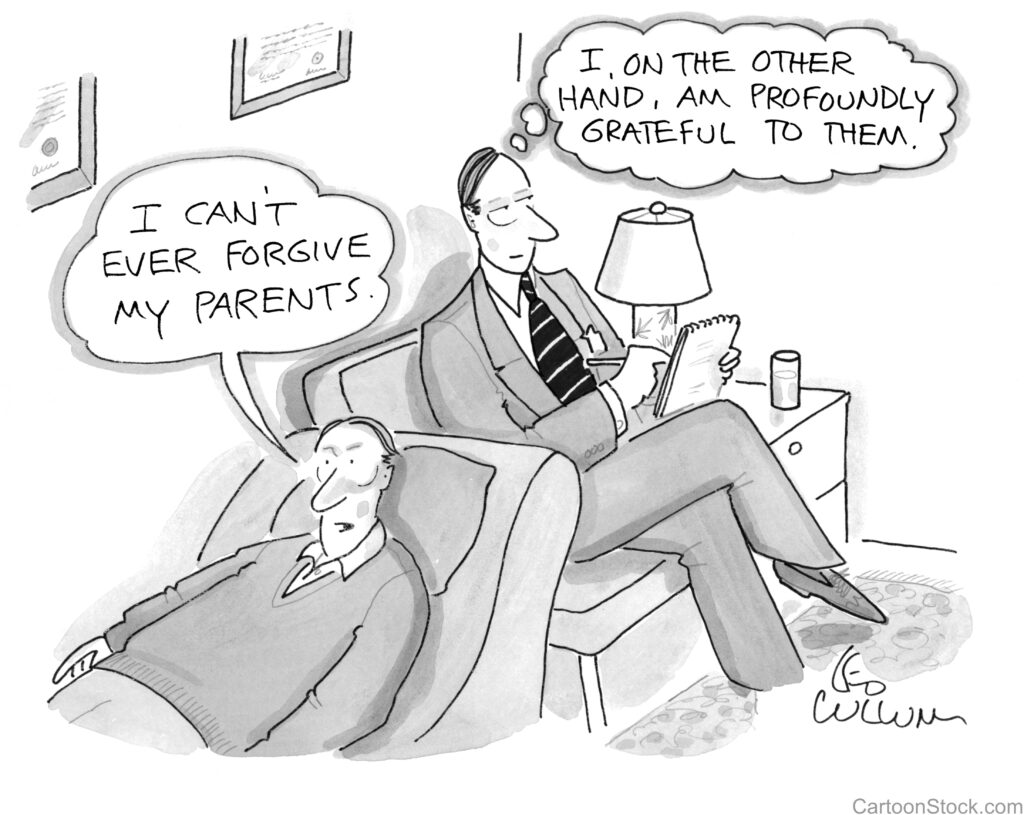
Look again at the picture at the top of this post. What do you see?
Most of us see a black dot. We overlook the white space and focus on the one, small dot.
Now think of the entire picture as representing a person’s life—it symbolizes the essence and totality of who a person is and what he has done—and the black dot denotes his worst moment or worst trait. Just as our eyes are drawn to the black dot, we often tend to focus on the “black dot” in people’s lives, discounting their more prevalent positive areas. We often judge others based on a single issue.
But we shouldn’t form our opinion of someone based on their worst moment (she had an affair; he got fired from a job; he blew up during a staff meeting.) or their worst trait (he’s always tardy; she’s financially imprudent; she’s vain about her clothes.) While our observations may be accurate, it’s unfair to focus exclusively on them and emphasize them.
There are two main reasons why we shouldn’t judge others.
1. It’s impossible to truly understand why people act the way they do.
Henry David Thoreau asked, “Could a greater miracle take place than for us to look through each other’s eyes for an instant?” It’s that difficult. Every person has a story; there’s a reason behind who they are and what they’ve done, but we’re usually not privy to that information.
Imagine walking through the woods and you see a dog. It looks cute and friendly so you approach the dog to pet it. Suddenly it snarls and tries to bite you. The dog no longer seems very cute and now you’re both afraid and angry. Then, the wind blows away the leaves on the ground and you see that the dog has one of its legs caught in a trap. Now, you feel compassion for the dog. You realize it became aggressive because of its pain and suffering.
We’ve heard the adage, “Never judge another person until you’ve walked a mile in his shoes.” It’s good advice—try to see life from another person’s perspective—and it essentially eliminates judging others because it’s impossible to truly experience someone else’s life. You can’t “walk in someone’s shoes” for a few feet much less a mile. The moral is: Don’t judge.
2. All of us need grace.
Someone has suggested: Don’t judge someone just because they sin differently than you.
In Matthew 7, Jesus says, “Do not judge, or you too will be judged.” Then he tells an anecdote to explain why: “Why do you look at the speck of sawdust in your brother’s eye and pay no attention to the plank in your own eye? How can you say to your brother, ‘Let me take the speck out of your eye’ when all the time there is a plank in your own eye? You hypocrite, first take the plank out of your own eye, and then you will see clearly to remove the speck from your brother’s eye.” The key word in the story is hypocrite.
Jesus is exposing a blind, ignorant, hypocritical, self-righteous judging that overlooks one’s own faults and focuses on the sins of others. His anecdote is intentionally extreme and a bit humorous: There are two dudes working in a woodshop. One guy looks at the other guy and says with a mixture of disdain and contempt, and with a smirk, “You nincompoop, you’ve got some sawdust in your eye. Come here and I’ll help you with that problem.” All the while he’s got a two-by-four sticking out of his own eye.
I think it’s part of the dark side of our human nature: It’s easy for us to see other people’s faults but we’re blinded to our own.
Of course, there’s a need for balance relative to recognizing and responding to right and wrong. In society and in our personal relationships, we need reasonable and fair laws, expectations, and boundaries, and sensible responses to violators. I’m not going to address that important topic here because it may distract from my main point.
Referring back to the picture at the top of this post, instead of obsessing on the black dot (people’s foibles), let’s train ourselves to do the opposite—focus on people’s best moments and their best attributes. And hopefully they will extend to us the same grace.



